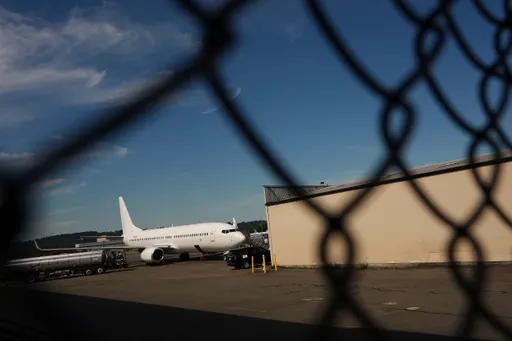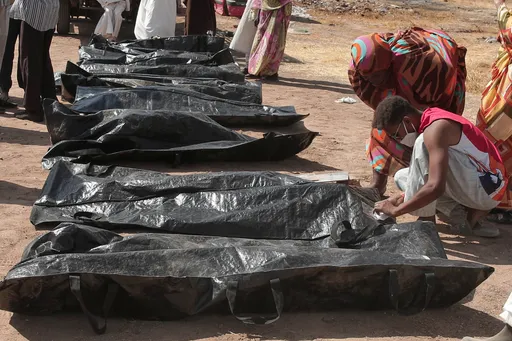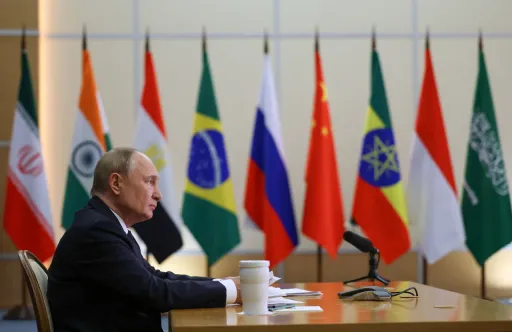By Emmanuel Onyango
Amid defiance to pressure from West powers and West Africa’s regional bloc, Mali, Burkina Faso and Niger last week marked the first anniversary of their breakaway Alliance of Sahel States (known by its French acronym AES).
As part of the anniversary, they announced a new common biometric passport for their citizens under the new alliance.
It is the latest confirmation that the military leaders are determined to establish themselves.
Last year, they initiated the process of quitting the regional body, Ecowas, deemed too close to the West and unable to deal with insurgency in the region.
They have also turned their backs on Western allies including former colonial power France in favour of countries like Türkiye, Russia and China.
Their divorce settlement with Ecowas has not been finalised yet but launching of the new joint passport, expected in the coming days, ends any expectation of a thaw of ties with the bloc, according to experts.
Burkina Faso has already rolled out new passports without the ECOWAS logo.
The alliance however downplays the risk of isolation and insist on the potential of the new passport to create further integration in the region, according to Kemi Seba, a special advisor to Niger’s military leader Abdourahamane Tiani.
“It’s important to understand that it will not delink (the three countries) from the nations of ECOWAS, but instead give more possibility to be more unified inside Sahel region,” he tells TRT Afrika.
“It could be isolation if the goal was to cut the link with other nations in West Africa, but that’s not the point. Absolutely not. And you will see that they (West African countries) will be more unified,” he adds.
Here is what to know so far about the new passport, its impact and how neighbouring officials are responding:
Why new passport?
The launching of the new passport is part of the three countries’ withdrawal from ECOWAS.
Mali's Colonel Assimi Goita, who is the acting president of the Sahel alliance, said the new passport will be put into circulation to harmonise travel across the three countries. It will also facilitate the mobility of their citizens across the world, he said.
The passport is seen as statement by the three countries to exert their sovereignty, according to experts, who blame the escalation to a lack of deft handling by Ecowas.
“I have no doubt that Ecowas has something to fix in itself," says Desire Asogbavi, an international development expert based in Senegal’s capital, Dakar.
"It was clear that decisions taken by Ecowas were influenced from somewhere (external)... it was a serious oversight," he tells TRT Afrika.
How will it work?
The three countries had been members of two regional blocs - Ecowas and the West African Economic and Monetary Union (known by its French-language acronym UEMOA).
The latter is a bloc of eight mainly French-speaking African countries and has a customs union and a common currency, the CFA Franc.
On the other hand, ECOWAS is a bloc of all the 15 countries in West Africa with economic, political and security objectives, which has a common passport and a free travel policy.
Mali, Burkina Faso and Niger have not severed ties with UEMOA and have issued assurances to remain in sub-regional partnerships, which “uphold the principle of non-interference and sovereignty”.
Experts also say that strong ethnic connections that traverse national borders will get the better of any suggestion of new visa restrictions in the region. New deals could also be struck between neighbours within the region.
"I have no doubt that movement stipulations will not be a problem,” Asogbavi suggests.
“If you look at the configuration of those people, they are like the same family across the borders and many of the borders are artificial borders imposed by colonialists.”
"I'm sure they (the alliance) will be able to negotiate free movement among some of their friends in the region; plus some Ecowas countries will still continue allowing people from those three countries to trade freely,” he explains.
What will be the economic impact
The three countries have a combined population of 72 million and are all landlocked. They are rich in minerals and have been discovering oil.
Their economies are closely knit with neighbouring Mauritania, Senegal, Gambia, Guinea, Côte d'Ivoire, Ghana, Togo, Benin and Nigeria who have access to the Atlantic Ocean.
Despite cutting with the West Africa bloc, the three countries still have alternative routes for exports via Mauritania and Algeria, which are not in ECOWAS.
The Sahel alliance has also been building trade ties with non-Western partners like Türkiye, Russia and China.
"I don't think there will be animosity or any country will be hard on their neighbour because of the current situation,” says Asogbavi.
"They have some neighbours who are ready to help them. For example the three countries have a good relationship with Togo which has access to the ocean. There has been some difficulty with Benin but we have seen some good signs in resolving that situation.”
"Being landlocked makes things difficult, but I don't foresee Senegal for example preventing them from using its port,” he adds.
The African Continental Free Trade Area, which eliminates trade barriers among African states, is being implemented across the continent. It therefore assures the military leaders of easy access to other markets on the continent and reduces reliance to their immediate neighbours, he suggests.
Fight against insurgency
The worsening security challenges posed by armed groups operating in the Sahel was one of the reasons the military leaders gave for seizing power.
ECOWAS has said the threat by the three countries to leave the bloc will undermine intelligence sharing, given the insurgency has spread across borders.
Experts, however, say the African Union (AU) offers an alternative platform for resolving the conflict in the Sahel region.
"They promised to silence the guns within the continent by 2030. I think this is an opportunity to show to the world and Africa that there is a continental body that cares about peace and security on the continent,” says Asogbavi.
"I believe the AU leadership should step in and create a negotiation framework and have everybody on the table for peace and security in the continent.”
➤Click here to follow our WhatsApp channel for more stories.


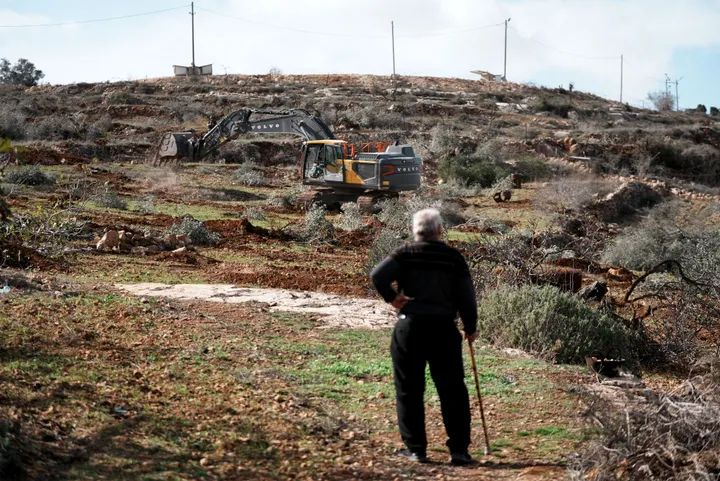
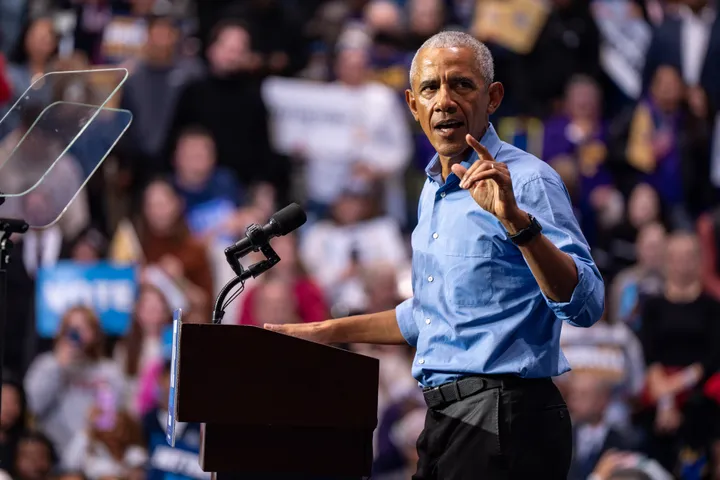





.JPG?width=512&format=webp&quality=80)





